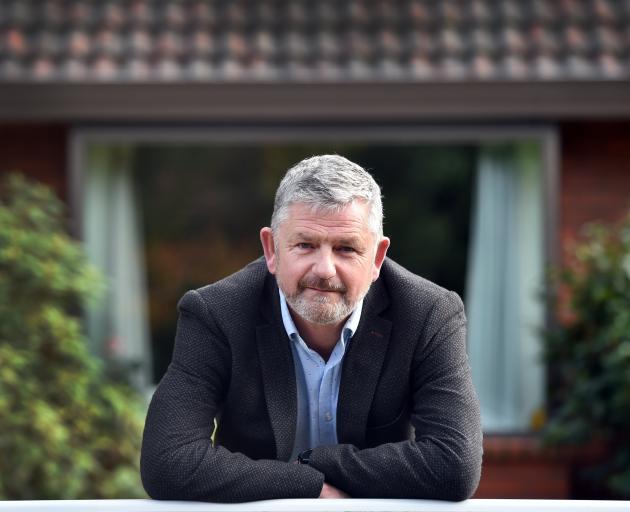
New Zealand Aged Care Association (ACA) Otago board representative Malcolm Hendry said successive governments had reacted like a deer in the headlights to the growing demand from a rapidly ageing population.
Aged-care beds currently numbered around 40,000, and another 13,000 beds would be needed by the end of the decade — yet supply was shrinking rather than growing due to inflation and a lack of funding.
"We just need someone to actually take the time to listen and understand that this is a problem that won’t go away, and they’re going to have to spend the money, at some point, on looking after the elderly.
"They’re either going to have to do it on aged residential facilities, which is the cheap option, or in public hospitals, which is a much more expensive option with much worse outcomes."
Mr Hendry, also the Birchleigh Residential Care Centre chief executive, warned even if funding was instantly available, there was a typical five-year lead time for planning and construction.
Many aged-care providers had reduced beds numbers, as the sector was "well down" on the funding needed to compete for nurses with public hospitals.
Pay equity for healthcare assistants was also an unresolved issue.
Late last year, an interim report by aged-care consultancy Ansell Strategic into the financial performance of the sector found the profitability per bed had fallen 83% in the past five years.
The report revealed that in Otago and Southland the average bed was losing $15.21 per day.
Shifting immigration regulations had brought some improvement, but the situation was largely the same as last May, when the ACA wrote to the government to raise concerns, Mr Hendry said.
The ACA letter, released this week by Te Whatu Ora Health New Zealand (HNZ) as part of a long-standing Official Information Act request from the Otago Daily Times, warned the former associate minister of health the situation was unsustainable.
The ACA reported a closure of 1260 beds in 2022 due to the shortage of more than 1000 nurses, and it predicted the figure for last year would be similar.
The over-85 age group was expected to triple to nearly 250,000 people by 2040.
Nearly 80,000 beds would be needed, yet if current trends continued, there would be fewer than 35,000.
"The consequences are dire for older New Zealanders and those who look after them."
Public hospitals were at breaking point, and their use as an alternative was slammed as a false economy.
The ARC estimated the cost of a hospital bed was $1200-$1500 per day, compared with about $260 for an equivalent-level care bed in an aged residential care facility.
If 15,000 more beds were provided, the annual savings to the Crown were estimated at more than $7 billion.
Associate Health Minister and Minister for Seniors Casey Costello told the Otago Daily Times yesterday she had met with the ACA, and was "really concerned" at the prospect of losing further beds.
"We need to respond quickly to the immediate problems and to build a system that is sustainable into the future, and that provides the care that older people need.
"This means looking at the funding model and the associated workforce issues."
HNZ was currently working on this and had assessed the state of aged residential care and support services, she said.
Considering alternative funding models would be the next stage.
"I want this completed with some urgency — I’m hoping for the middle of this year — as I want to be able to take proposals to Cabinet."
The coalition agreement between National and New Zealand First also proposed a select committee inquiry into an aged-care provision on asset thresholds and supporting people with early onset conditions, she said.












